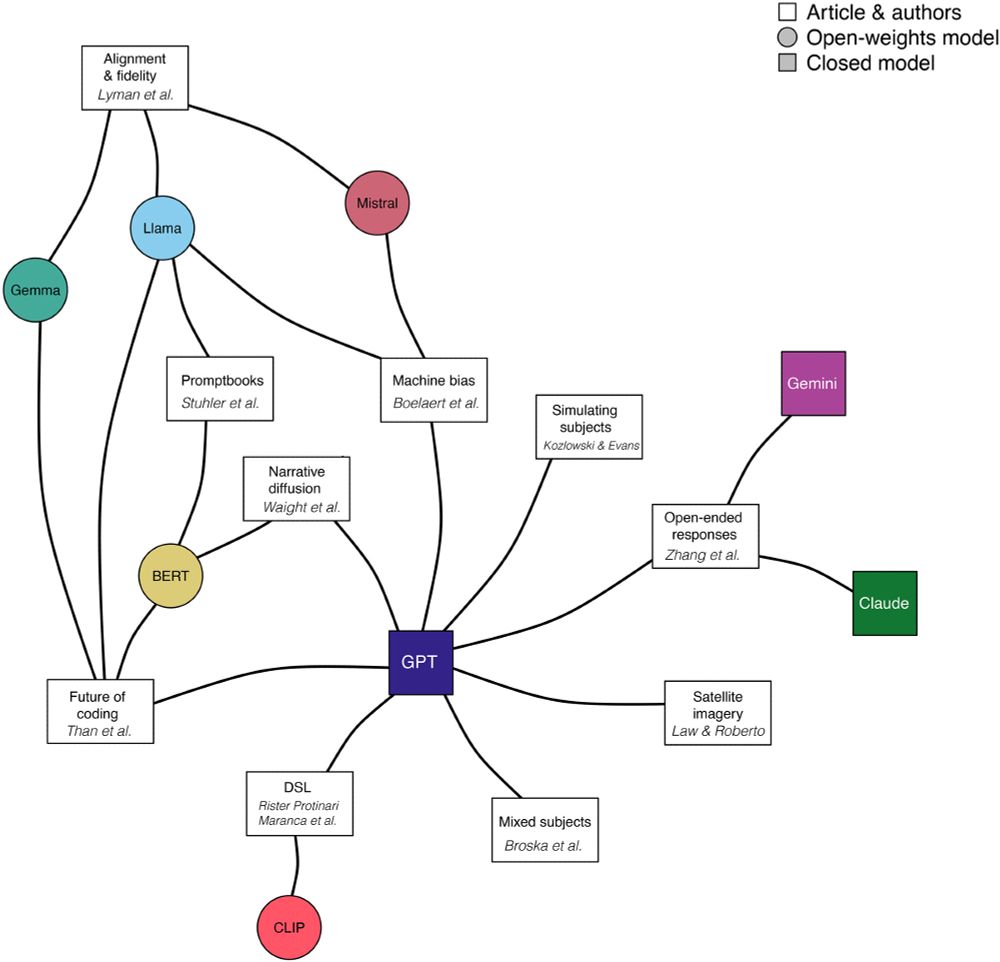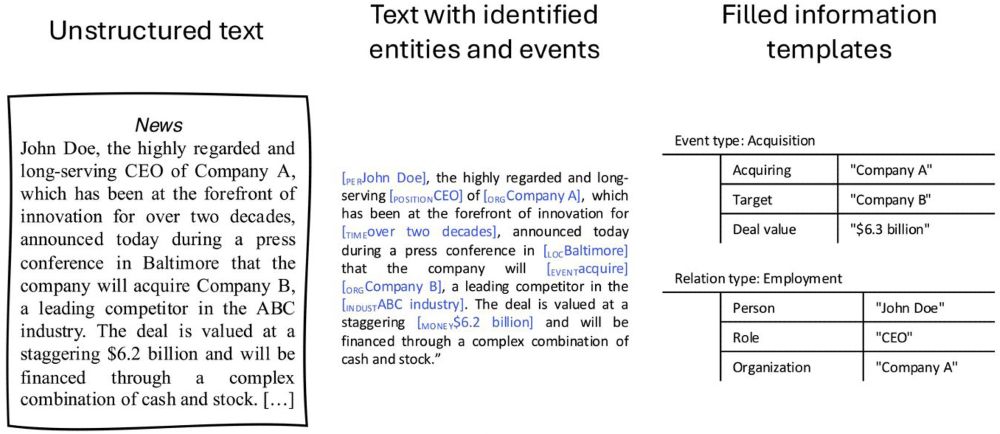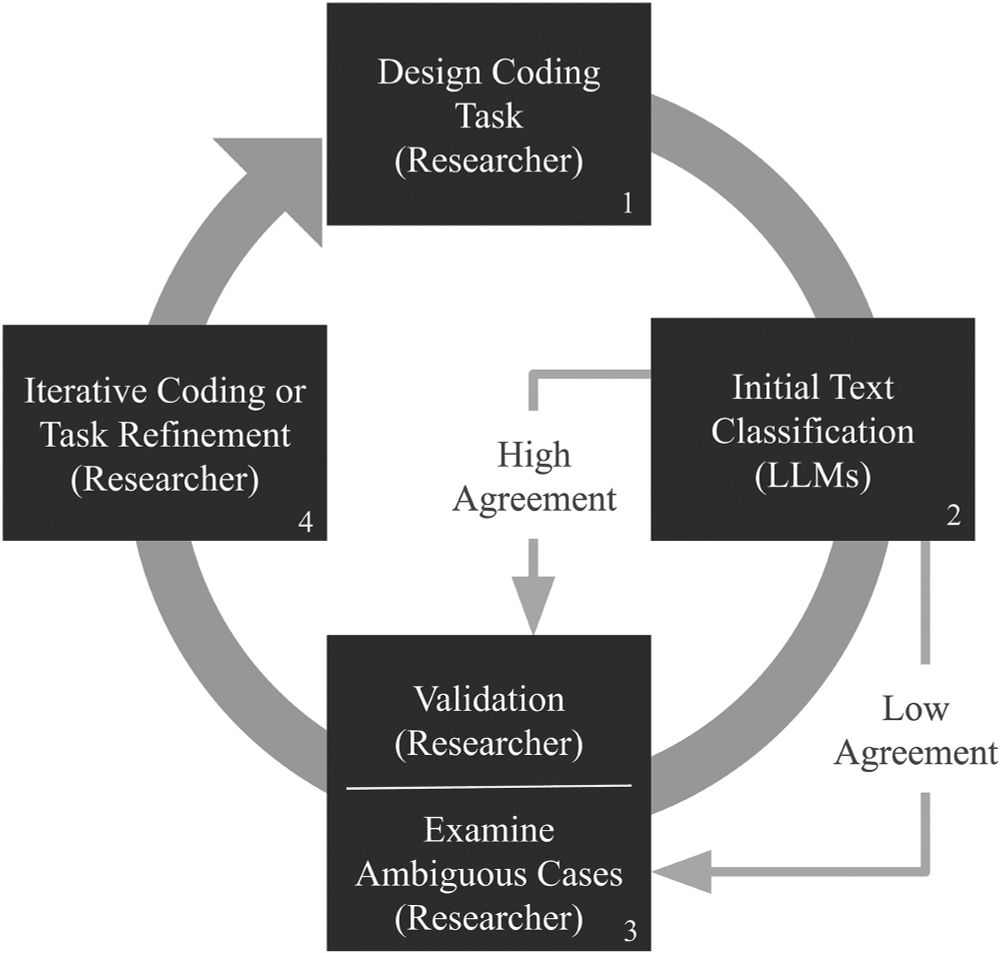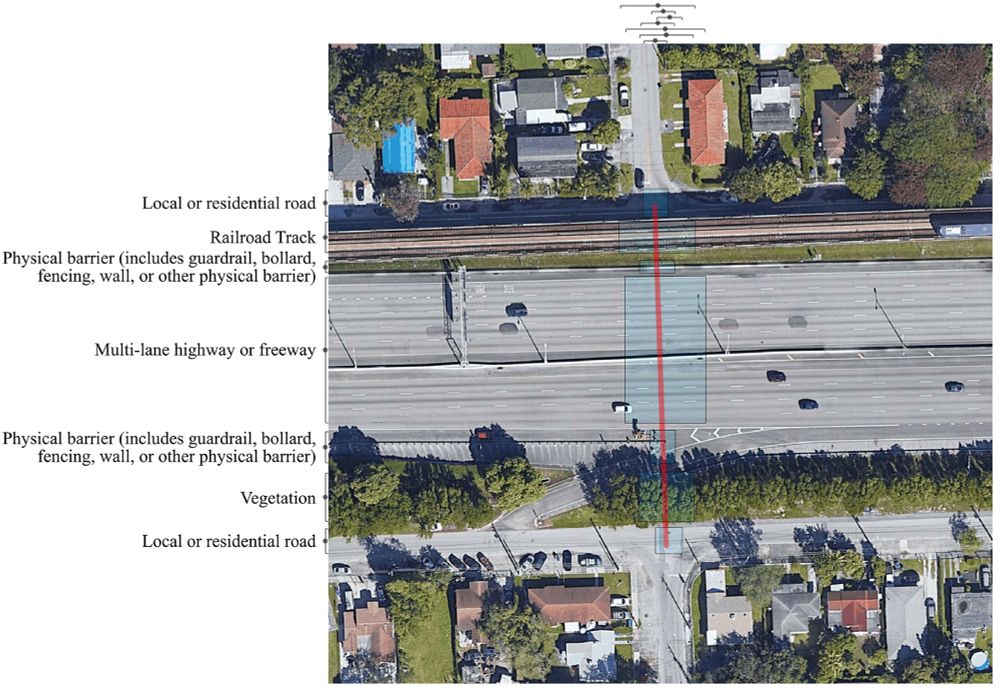Thomas Davidson
@thomasdavidson.bsky.social
840 followers
610 following
54 posts
Sociologist at Rutgers. Studies far-right politics, populism, and hate speech. Computational social science.
https://www.thomasrdavidson.com/
Posts
Media
Videos
Starter Packs
Reposted by Thomas Davidson
Reposted by Thomas Davidson
Reposted by Thomas Davidson
Reposted by Thomas Davidson
Reposted by Thomas Davidson
Reposted by Thomas Davidson
Reposted by Thomas Davidson
Reposted by Thomas Davidson
Per Engzell
@pengzell.bsky.social
· Sep 1













